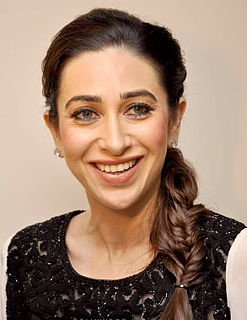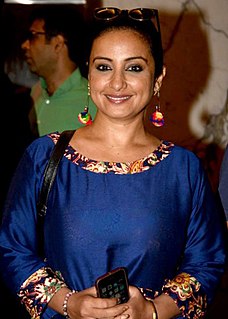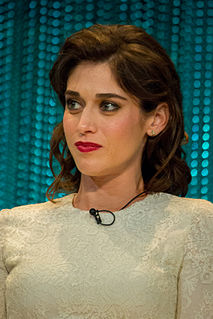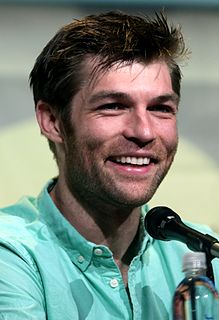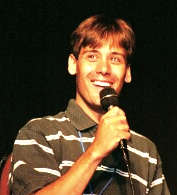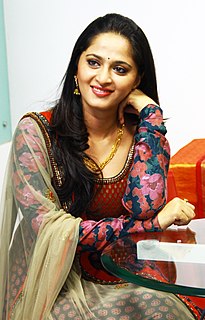A Quote by Karisma Kapoor
I want to abolish tags like 'comeback' and 'retirement' that are used to define every married female actor. What is the big deal? In Hollywood, every top actor takes a break, has children, and gets back to work.
Related Quotes
My story about becoming an actor is a completely non-romantic one. I became an actor because my parents were actors, and it seemed like a very... I knew I was going to act all my life, but I didn't know that I was going to be a professional actor. I thought I was just going to work as an actor every now and then.
To be an actor and a director, I actually felt it helped me tremendously to be in the scenes of The Hollars, because as you can see, they're very intimate, very intense scenes. You don't want to break the actor's character and you don't want to break their momentum, so as the actor, I tried not to call cut as much as I could, and almost make it feel like a play, just set this environment where these amazing actors could do what they wanted to do.
You work with every actor differently. It's like if you're a mother, if you have children, some children need more discipline. Other children, you back off of a little bit and let them be. It's the same way with actors. Some actors need a lot of hand holding. Other actors like to be let be, and you let them go.
You can say something that can really help and actor and you can say something that can really get in the way of an actor's performance, kind of cut them off from their instincts and really get into their heads. And every actor's different. Every actor requires something different. Being an actor, for me, was the greatest training to be a writer and director.
I feel that being an actor is a front-row seat into seeing how everybody else makes their movies. Basically, being in the trenches for ten years is like a college-level course in filmmaking if not more. It feels like every director I work with and every set that I visit as an actor, I see someone else's definition of filmmaking.
